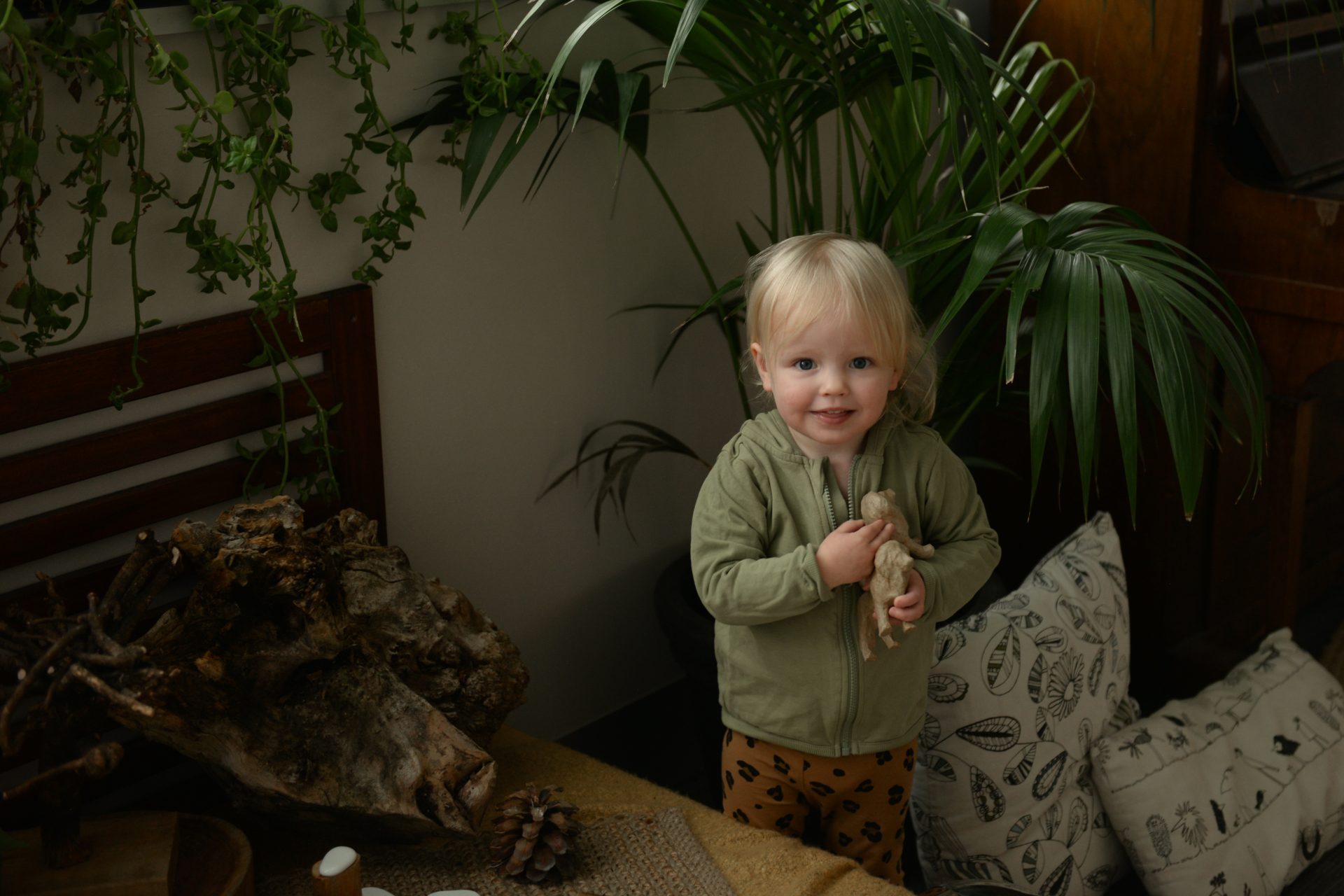
Ever heard someone say their child is not creative?
Many of us are guilty of judging creativity in terms of the end result that we see or experience, but our role as adults is not to focus on the end result produced by the child, but rather on encouraging and supporting their crucial journey of creative expression.
Every child is creative and every child is capable of creative expression. In fact, creative expression is absolutely vital for their healthy growth and development.
What is creative expression?
For a child, creative expression is about how they use things like drawing, sculpting, construction, movement music, movement and dramatic play to fire up their imaginations and articulate their thoughts and feelings. It’s as natural as breathing to them.
And there’s nothing frivolous about their creative expression. It’s crucial to early childhood learning and for progress on a physical, social, intellectual and emotional level.
Allowing children the freedom to explore the world around them and providing them with appropriate materials and resources, parents and educators can facilitate the development of essential skills and facilitate learning.
Five reasons why creative expression is so vital
The value of creative expression comes from the process itself. It’s the journey in the lies in the process, not the end product.
It aids the development of fine motor skills
Children refine their fine motor skills when working with pencils, paints, string, clay, scissors and other types of materials. These skills are essential for day-to-day activities like eating with a knife and fork, writing and tying shoe laces.
It has intellectual and academic benefits
Children are born explorers and creative expression fosters this natural curiosity. It leads to innovation and discovery as children use their imaginations, communicate, develop independent opinions, try out new ideas, find solutions and solve problems. It also promotes the development of important cognitive skills such as numeracy, language and literacy.
It fosters mental growth
Through creative expression, children are free to communicate their emotions. They learn how to deal with their feelings appropriately and when they learn that their contributions are respected and valued, they’re more likely to develop a sense of identity and a healthy self-esteem.
Creative expression supports a child’s social development
Picture a kindergarten playground. Whether three littlies are having fun in the sandpit, a group is climbing on the jungle-gym or some are pretend playing that they’re going shopping, their creative play and social interactions exposes them to concepts like teamwork, collaboration, sharing, empathy, negotiation, patience and taking turns.
Creative expression celebrates the uniqueness of every child
Free exploration allows children to be themselves, without any constraints, judgement or expectation. This is key to helping them grow more confident in showing their unique personalities and starting to develop a strong sense of self.
A final word on why creative expression is crucial in early childhood
It's interesting that creativity is a central tenet of the Reggio Emilia approach to early education which emphasises a child’s abilities, competences and natural aptitude. It had its roots in a small northern Italian town after WWII and has since achieved global acclaim.
Its founder, Loris Malaguzzi, believed that children weren’t empty vessels to be filled, but were born with infinite creative potential and every child was an artist in their own right. His famous poem ‘100 Languages of Children’ refers to the myriad ways that children express this creative potential.
There’s no doubt that creative expression plays a crucially important role in many different areas of a child’s development. But it’s important to remember that it’s about the process – not the product. As adults, we need to celebrate that process, encourage and support each individual child and avoid judging their creative abilities on an outcome. Each is highly capable and highly creative and by giving them the freedom for self-expression, we can help them accrue skills and benefits which can set them up for later success.

Tracey is a highly qualified educator and administrator and brings a strong combination of academic achievement, extensive work experience in the education and business sectors as well as drive and passion to her role as General Manager of Operations at Evoke Early Learning.
Tracey has a Master of Education and an Advanced Diploma of Business and holds VIT Dual Registration to teach in Early Childhood and Primary School settings. She’s also a VIT Trained Mentor Teacher and has worked in ECEC settings as a Director, Educational Leader and as a Victorian Senior Area manager. Her recognition as a state finalist in the recent Director of the Year Awards is testament to her achievements in the early education sector.
Her extensive work experience also included a stint as Head of Curriculum at the Royal Children’s Hospital Education Institute and positions as head of ICT at a number of large primary and secondary schools. Tracey is also experienced in not-for-profit sessional kindergarten settings and long daycare environments, so she has a deep understanding of what’s required to support the needs and expectations of young children, educators, parents and caregivers.
Tracey is responsible for operational management at Evoke Early Learning’s Clayton centre in Oakleigh East and their Albert Park centre in South Melbourne and is deeply committed to leading and driving effective and sustainable service delivery throughout the company.
Tracey is passionate about making a meaningful difference to young children, their parents and the wider community and under her expert guidance, Evoke Early Learning is continuing to raise the bar in quality early education and childcare.


